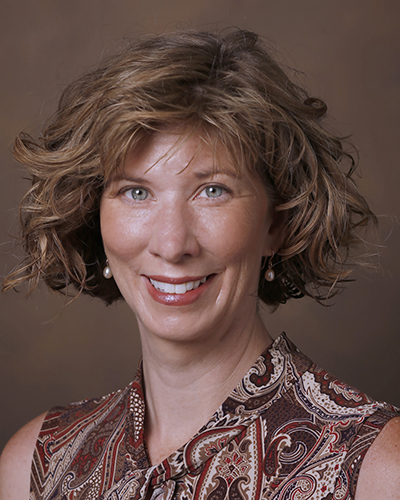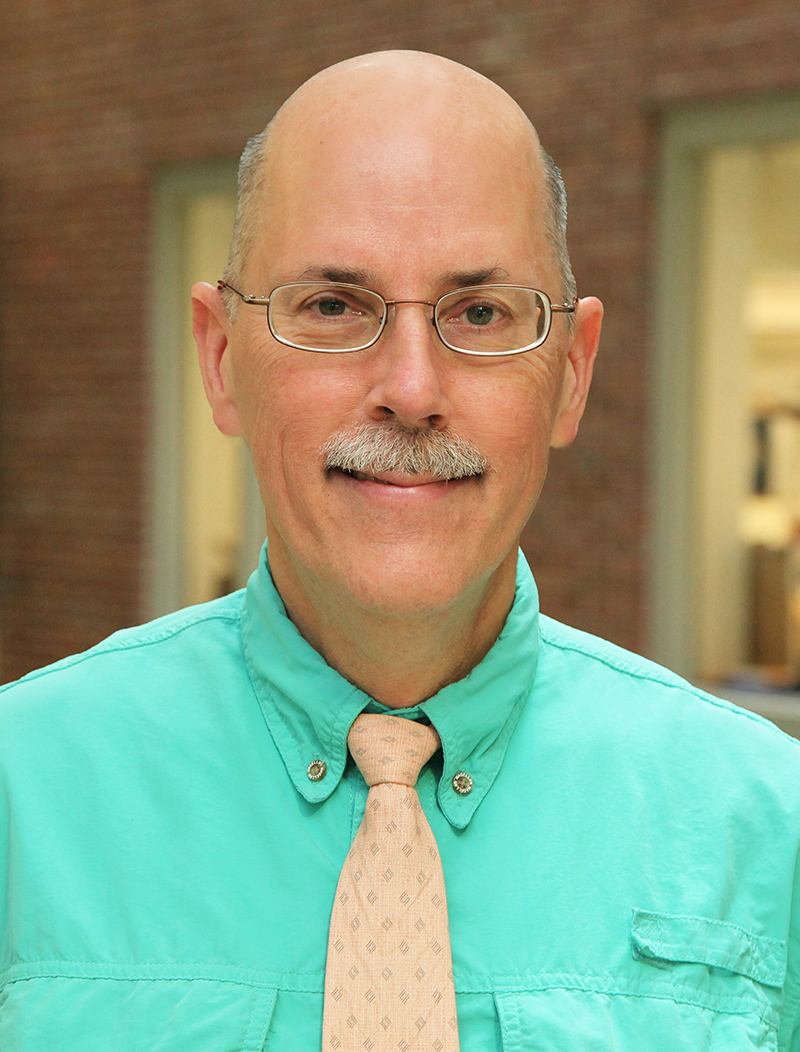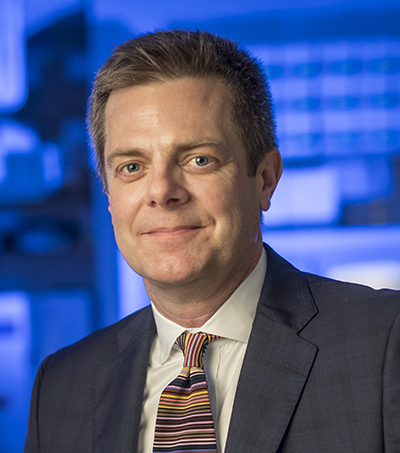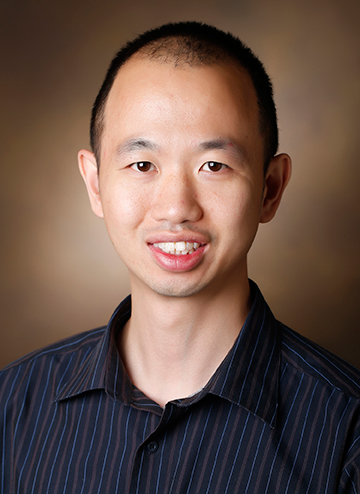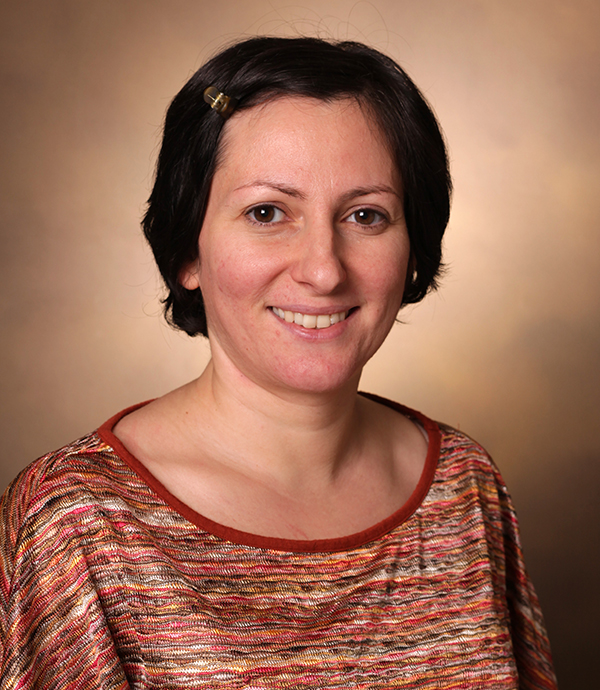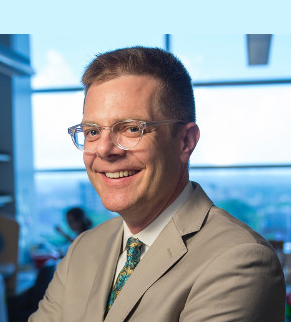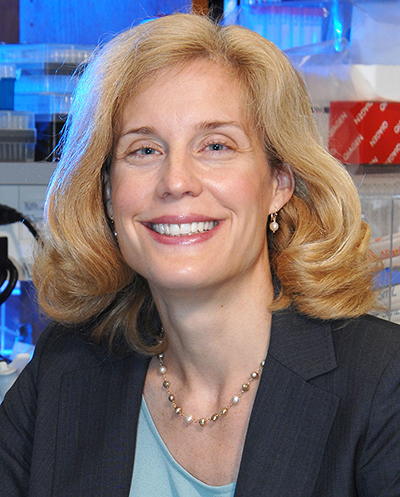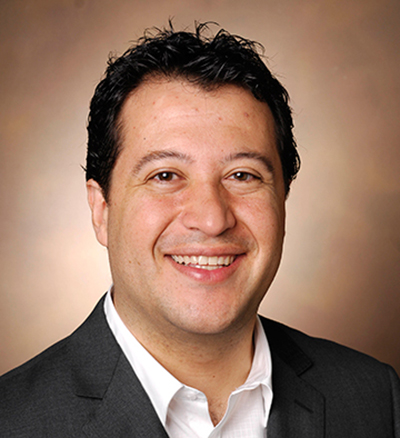News
Assembling cell power plant machinery
Sep. 3, 2020—Sep. 3, 2020, 11:00 AM by Leigh MacMillan Mitochondrial complex II is a four-subunit protein machine located in the mitochondrial membrane that links two essential cellular energy-producing processes. Defects in complex II — because of mutations in the genes encoding the subunits or incorrect assembly of the mature complex — are associated with severe disease...
Chuck Sanders named president-elect of The Protein Society
Sep. 3, 2020—The Protein Society is governed by elected officers and an Executive Council. The officers are President, Secretary/Treasurer, and President-Elect. The President acts as the Chair of the Executive Council, which meets twice annually to vote on Society business and plan Society activities. Dr. Charles R. Sanders is Professor of Biochemistry, holder of the Aileen M....
Non-neutralizing antibodies from a Marburg infection survivor show therapeutic potential
Aug. 29, 2020—By Sohini Roy Marburg viruses cause a hemorrhagic fever in humans, with a fatality rate of up to 90 percent. Currently, Marburg disease can neither be prevented by a vaccine nor therapeutically treated. Understanding how the immune system of a MARV survivor reacts against the virus can yield clues to design a treatment. With this...
Vanderbilt research shows stimulating tuft cell production reverses intestinal inflammation
Aug. 28, 2020—by Marissa Shapiro Aug. 28, 2020, 9:00 AM Researchers at Vanderbilt University have, for the first time, been able to trigger the specific immune system response required to reverse the course of small intestinal inflammation by inducing production of tuft cells, very rare epithelial cells that sense and respond to parasites. The breakthrough has the...
Recurrent UTIs linked to hidden reservoir
Jul. 9, 2020—Jul. 9, 2020, 1:30 PM by Sarah Glass Urinary tract infections (UTIs) frequently recur due to bacteria constructing safe havens within the host. While infection is frequently caused by uropathogenic Escherichia coli that originates in the gut, little is known regarding vaginal colonization leading to recurrent UTIs. John Brannon, PhD, Maria Hadjifrangiskou, PhD, and colleagues...
Researchers developing potential coronavirus antibody therapies
Mar. 24, 2020—by Bill Snyder Vanderbilt University Medical Center is teaming up with academic, governmental and corporate partners in an unprecedented, fast-tracked global effort to develop antibody-based treatments to protect people exposed to the 2019 novel coronavirus disease, COVID-19. Researchers from the Vanderbilt Vaccine Center (VVC) have rapidly responded to this outbreak by building a comprehensive “toolkit”...
Triple-negative breast cancer drug therapy shows promise
Mar. 19, 2020—Mar. 12, 2020, 9:10 AM by Tom Wilemon Researchers from Vanderbilt-Ingram Cancer Center (VICC) discovered a role for MYCN in triple-negative breast cancer (TNBC), a particularly aggressive form of the disease, and identified a potential intervention for further clinical investigation. MYCN is a well-known oncogene that plays a role in cancer aggressiveness, but it is...
Bordenstein honored by Genetics Society of America
Feb. 28, 2020—Feb. 27, 2020, 9:14 AM by Sara Eaton The Genetics Society of America has recognized Seth Bordenstein, PhD, an evolutionary geneticist and microbiologist at Vanderbilt University, for an initiative that brings real-world scientific research into middle school, high school and college biology classes. Seth Bordenstein, PhD Bordenstein, Centennial Professor of Biological Sciences in the College...
Antibody mixture may help block Ebola virus infection
Feb. 6, 2020—Feb. 6, 2020, 12:47 PM by Bill Snyder A research team led by scientists at Vanderbilt University Medical Center has developed an antibody mixture that in animals is highly effective in blocking infection by the Ebola virus. Reporting in the journal Immunity, these findings “could aid in the design of therapeutic cocktails against other viral...
Lopez lands NSF Career Award
Jan. 31, 2020—Carlos Lopez (Biochemistry) has received a National Science Foundation Faculty Early Career Development (CAREER) award, the most prestigious NSF award that supports early-career faculty. Lopez’s research attempts to parse out the role of noise and randomness in determining cell fate.
